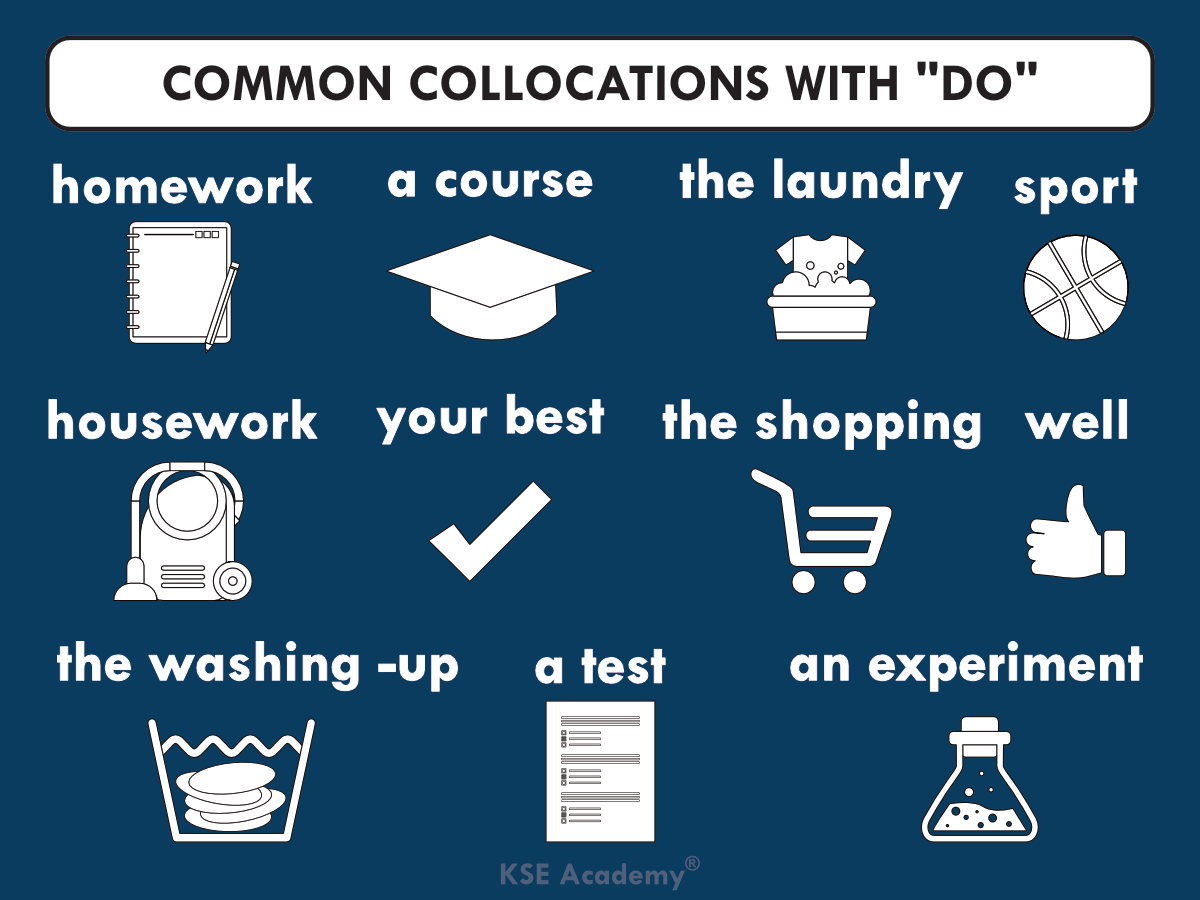
Pin on Eng
8 Answers Sorted by: 510 From the documentation get_or_create: # get_or_create () a person with similar first names. p, created = Person.objects.get_or_create ( first_name='John', last_name='Lennon', defaults= {'birthday': date (1940, 10, 9)}, ) # get_or_create () didn't have to create an object. >>> created False

DIFFERENCE BETWEEN MAKE & GET YouTube
The form is 'subject + have + object + past participle'. I had my car washed. John will have his house painted. Get + object + past participle (get something done) We can also use 'subject + get + object + past participle'. This has the same meaning as 'have', but is less formal. The students get their essays checked.

Bestie Quiz
Get early access and see previews of new features. Learn more about Labs. Django REST Framework ModelSerializer get_or_create functionality. Ask Question. super nice answer => saved me alot of time thx. a small addition for the create to make it "slightly" more generic instance, _ = self.Meta.model.objects.get_or_create(**validated_data).

"HAVE or GET" english ingilizce englishtips Ingilizce
7 economic trends to watch in 2024. Policymakers have their work cut out for them this election year. January 5, 2024. Every year has its economic challenges — some old, some new. But in an election year — where control over Congress and the White House are at stake — policies dealing with inflation, labor disruptions, the rise of.

Need some extra cash? Why not start doing a side hustle to make some extra money. Get or create
To obtain something with or without permission I took a few candies from that stand. That man took my car while I was at the convention. 3. To change the location of something or someone (similar to 'carry') Take these copies to the meeting room, please. I need to take my daughter to school.

Make A List EP.1 Make A Look กับเก้า สุภัสสรา ทุกคน!! เก้ามาแล้วค่ะ พร้อม List ไอเทมจัดเต็ม
get_or_create (default=None, **kwargs) "A convenience method for looking up an object with the given kwargs (may be empty if your model has defaults for all fields), creating one if necessary. Returns a tuple of (object, created), where object is the retrieved or created object and created is a boolean specifying whether a new object was.

Causative Verbs in English Let, Make, Have, Get • 7ESL English verbs, Learn english, English
It's back to pre-pandemic levels, however, but, if you have children under the age of 17, you could be eligible for the credit that will reduce how much you owe in taxes. For 2023 tax year, the.

Pin on english mistakes
Track your money. The best way to get started is to write everything down in one place so you can see exactly how much money goes in and out of your current account each month. If you use online.

How Americans ACTUALLY Respond to “Thank You” Education & Learning Video Please DON’T say
There is no standard way to encode more than name -> value pairs into query strings so unless your requests are very basic (i.e. no arrays or nested data structures) you should consider POST only which provides a body field that you can use with encoding formats (JSON, XML etc). - themihai Jul 15, 2016 at 17:23

Take vs Get Take A Break, Take That, English Course, Getting Divorced, Esol, Got Caught, How To
MAKE = force or require someone to take an action Grammatical structure: MAKE + PERSON + VERB (base form) Examples: After Billy broke the neighbor's window, his parents made him pay for it. My ex-boyfriend loved sci-fi and made me watch every episode of his favorite show.

Get or take YouTube
django get_or_create () is a convenient method of getting an object if it exists and if not exist then it will create the object. So it is very simple. get ----> get object if exists OR create -----> create objects if doesn't exist This is intended to prevent the creation of duplicate objects when requests are made concurrently.

Get or Take na English Zszywka.pl
1 Answer

At Last a Truth That Is Real Sweet Trip's Roby Burgos on the Band's Journey and Their New Album
The verbs 'make', 'get', 'have', 'help' and 'let' are the most common causative verbs in English. They are called causative verbs because they cause something else to happen. Other causative verbs include : enable, allow, keep, hold, force, require, persuade. MAKE: force or compel someone to do something. She made her children.

[Day 6] A diferença entre “get it” e “got it” quais usos dessa palavra GET vocês querem que eu
English Grammar Verbs Delexical verbs: 'have', 'take', 'make', 'give', 'go' and 'do' Delexical verbs: 'have', 'take', 'make', 'give', 'go' and 'do' Level: beginner We often use common verbs like have and take with nouns like a shower, a drink: I took a shower. (= I showered.) She had a drink. (= She drank something.)

English Grammar Have and Have Got ESL Buzz English Grammar For Kids, Teaching English Grammar
Let, get, have and make are what we call causative verbs. This is because they lead to results. You can let, have, make or get someone to do something. They vary in firmness - let is the least firm, make is the most firm. Below is a simple demonstration of the different way each of these verbs is used, and how they are formed.

Diferencia entre DO y MAKE KSE Academy®
Notice that Aubrey asked Lindsay what she 'had' someone do. This means she asked for someone to do something for her. If she used 'make' or 'get', it would mean something different. We will dive deeper into how to use these appropriately in this episode. A listener sent a question regarding the causative verbs 'make', 'have.